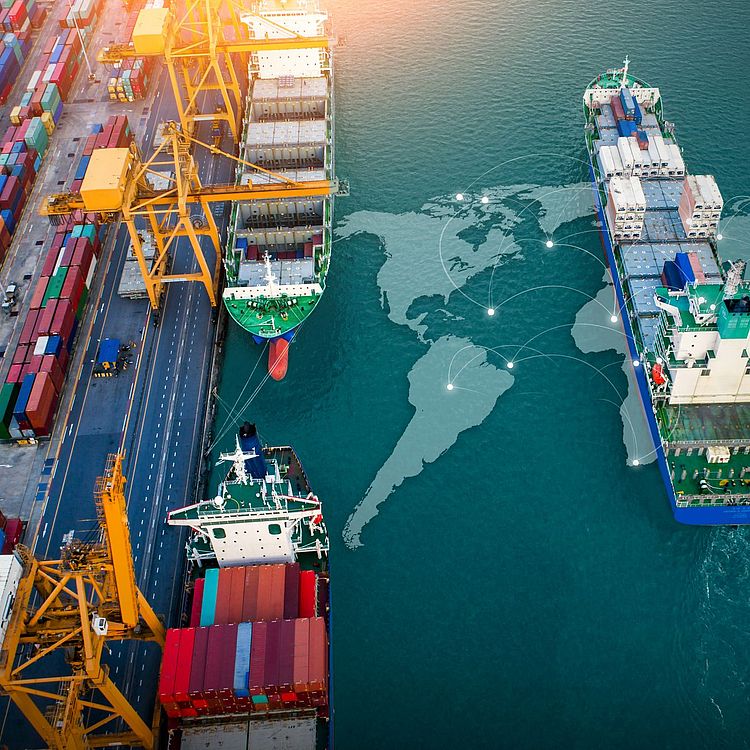Zoom conference link: https://zoom.us/j/91255064760?pwd=TlRpeXZPaWVMbGx3Q2tTSi9SU2dZUT09
Lachlan Fleetwood (LMU Munich / global dis:connect):
“Imperial Geography, Climate Science and the Habitability of the Silk Roads.”
Abstract
Around the turn of the twentieth century, Central Asia was often cast as a space of geopolitical intrigue, caught between the ‘three empires’ of Russia, China and British India. At the same time, it was of growing environmental and scientific interest, fuelled by multicultural stories of wandering rivers and shifting sands that had abandoned and buried cities in the Tarim Basin (in what is today southwestern China). It became clear that many of these lost cities existed in places that were no longer habitable, lacking water to support similar populations under the environmental conditions of the present. Reconciling these desolate ruins with emerging imperial imaginaries that they had once served a vibrant trade network – namely the ‘Silk Roads’ – was thus challenging. While much scholarly attention has focused on the dubious archaeological excavations of Western explorers, in this talk I instead examine how Central Asia’s lost cities became key to new theories of climate change and stability, even as they raised imperial anxieties about ‘desiccation’ and the drying up of the Earth. In tracing this story, I also reveal the many ways these theories of climate depended on the knowledge of Central Asian brokers and guides to map climatic change over time. In examining key moments in the formation of the disciplines of geography and climatography, I ultimately reflect on how imperial ideas about climate change in the early twentieth century have long legacies. Indeed, they often relied on deterministic ideas that human potential was shaped by climate. Understanding these histories thus matters today, especially in light of an insidious recurrence of racist and neo-determinist thinking in the face of the climate crisis (for example, in discussions around ‘climate refugees’ and ‘climate conflicts’).
Bio
Lachlan Fleetwood is historian of science, empire, geography and environment. He is currently a Marie Skłodowska-Curie Fellow at LMU Munich/Global Dis:connect. His first book, Science on the Roof of the World: Empire and the Remaking of the Himalaya, was published by Cambridge University Press in 2022. He is currently researching imperial ideas of ‘habitability’ and the history of climate sciences in Central Asia.

 Bild: thitivong
Bild: thitivong